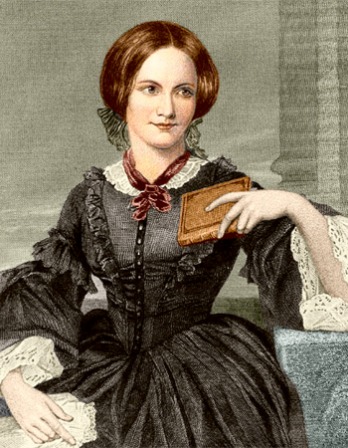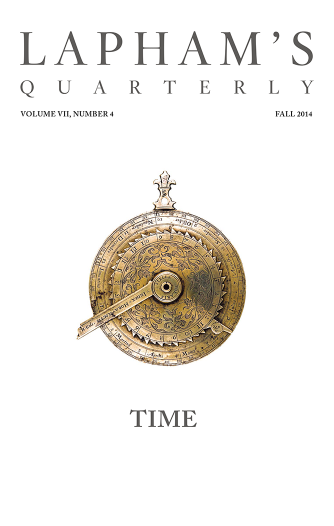There are two acts of Parliament—one passed in 1866, the other in 1869—called the Contagious Diseases Acts. These acts are in force in some of our garrison towns and in large districts around them. Unlike all other laws for the repression of contagious diseases, to which both men and women are liable, these two apply to women only, men being wholly exempt from their penalties.
The law is ostensibly framed for a certain class of women, but in order to reach these, all the women residing within the districts where it is in force are brought under the provisions of the acts. Any woman can be dragged into court and required to prove that she is not a common prostitute. The magistrate can condemn her if a policeman swears only that he “has good cause to believe” her to be one. The accused has to rebut not positive evidence but the state of mind of her accuser. When condemned the sentence is as follows: to have her person outraged by the periodical inspection of a surgeon, through a period of twelve months; or, resisting that, to be imprisoned, with or without hard labor—first for a month, next for three months—such imprisonment to be continuously renewed through her whole life unless she submit periodically to the brutal requirements of this law. Women arrested under false accusations have been so terrified at the idea of encountering the public trial necessary to prove their innocence that they have, under the intimidation of the police, signed away their good name and their liberty by making what is called a “voluntary submission” to appear periodically for twelve months for surgical examination. Women who through dread of imprisonment have been induced to register themselves as common prostitutes now pursue their traffic under the sanction of Parliament; and the houses where they congregate, so long as the government surgeons are satisfied with the health of their inmates, enjoy, practically, as complete a protection as a church or a school.
We, the undersigned, enter our solemn protest against these acts.
(1) Because involving as they do such a momentous change in the legal safeguards hitherto enjoyed by women in common with men, they have been passed not only without the knowledge of the country but unknown to Parliament itself; and we hold that neither the representatives of the people nor the press fulfill the duties which are expected of them when they allow such legislation to take place without the fullest discussion.
(2) Because so far as women are concerned, they remove every guarantee of personal security which the law has established and held sacred, and put their reputation, their freedom, and their persons absolutely in the power of the police.
(3) Because the law is bound, in any country professing to give civil liberty to its subjects, to define clearly an offense which it punishes.
(4) Because it is unjust to punish the sex who are the victims of a vice and leave unpunished the sex who are the main cause both of the vice and its dreaded consequences; and we consider that liability to arrest, forced surgical examination, and, where this is resisted, imprisonment with hard labor, to which these acts subject women, are punishments of the most degrading kind.
(5) Because by such a system, the path of evil is made more easy to our sons, and to the whole of the youth of England, inasmuch as a moral restraint is withdrawn the moment the state recognizes and provides convenience for the practice of a vice which it thereby declares to be necessary and venial.
(6) Because these measures are cruel to the women who come under their action—violating the feelings of those whose sense of shame is not wholly lost, and further brutalizing even the most abandoned.
(7) Because the disease which these acts seek to remove has never been removed by any such legislation. The advocates of the system have utterly failed to show, by statistics or otherwise, that these regulations have in any case, after several years’ trial, and when applied to one sex only, diminished disease, reclaimed the fallen, or improved the general morality of the country. We have, on the contrary, the strongest evidence to show that in Paris and other continental cities, where women have long been outraged by this forced inspection, the public health and morale are worse than at home.
(8) Because the conditions of this disease, in the first instance, are moral, not physical. The moral evil through which the disease makes its way separates the case entirely from that of the plague or other scourges, which have been placed under police control or sanitary care. We hold that we are bound, before rushing into the experiment of legalizing a revolting vice, to try to deal with the causes of the evil, and we dare to believe that with wiser teaching and more capable legislation, those causes would not be beyond control.
Ladies’ National Association for the Repeal of the Contagious Diseases Acts, a protest published in the London Daily News. Attempting to control the spread of venereal disease in the British military, Parliament passed three Contagious Diseases Acts from 1864 to 1869. Inspired by similar laws in Paris, the acts authorized the police in garrison and port towns to forcibly register and inspect women suspected of being prostitutes. Social reformer Josephine Butler and sociologist Harriet Martineau led the group’s efforts, and their protest was signed by 128 women, including Florence Nightingale. The acts were repealed in 1886.
Back to Issue




